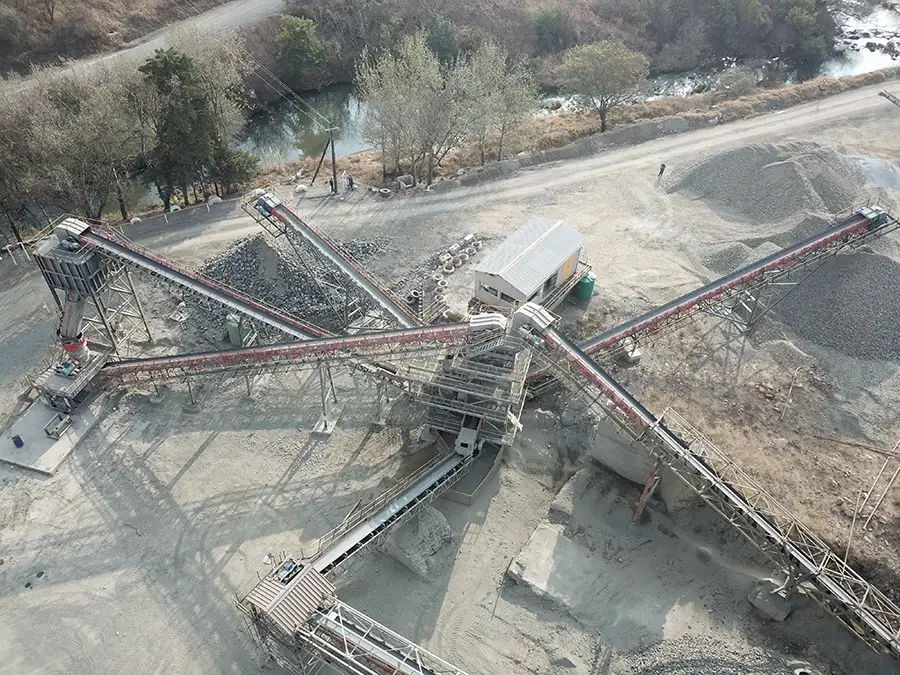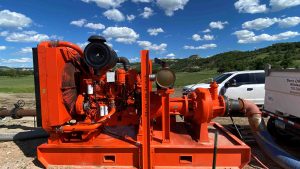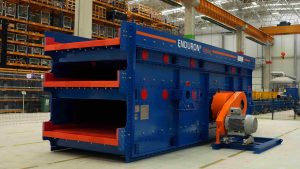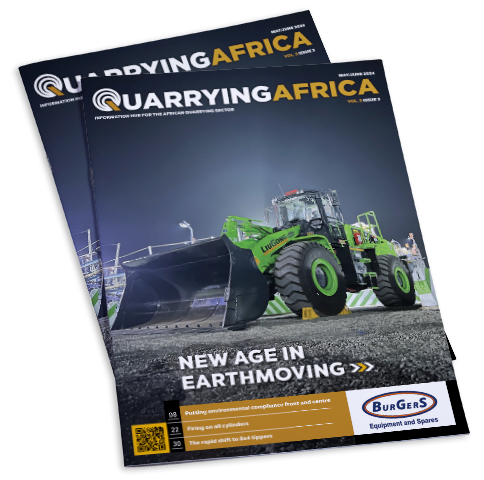In 2021, surface mining association, ASPASA, announced its all-new environmental audit system for its members. The new system was aimed at simplifying the previous About Face Audit and improving member companies’ ability to undertake effective environmental management.
The new audit, which kicked off in 2022, has been described as more inclusive than the previous one, with criteria that are easy to understand and implement. The new system also calls for a comprehensive attitude towards environmental compliance, rather than the traditional ‘tick box’ approach.
“Our aim is to achieve environmental compliance for all ASPASA member operations with a user-friendly, practical compliance audit. We also aspire to equip site managers with the correct information and knowledge to be able to deal with regulatory authorities and other interested and affected stakeholders,” says Bowen.
Having successfully implemented the new audit in 2022, Bowen has expressed his satisfaction with the industry’s drive to achieve high levels of environmental compliance. The risk of non-conformance, he says, is high and companies are eager to equip managers and staff with sufficient environmental knowledge to ensure compliance.
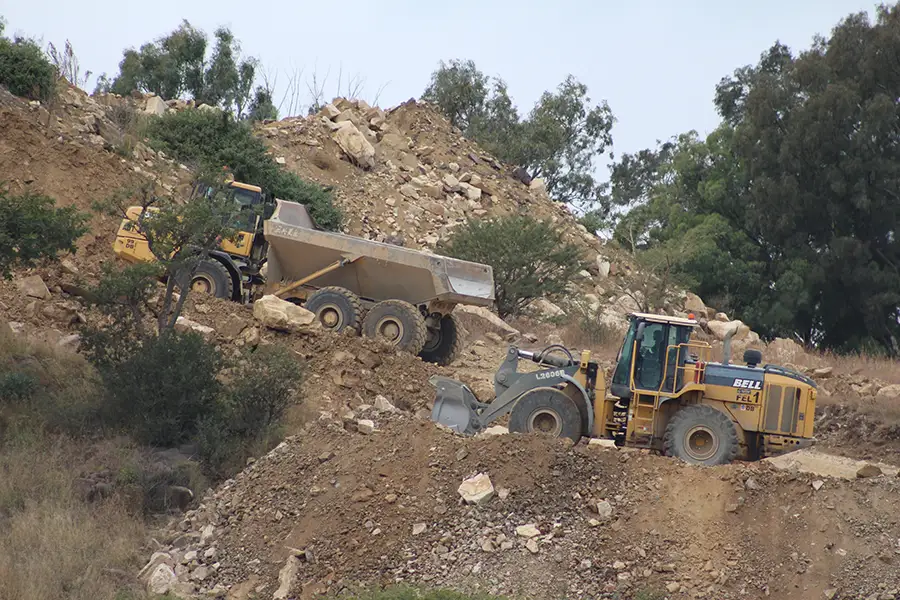
Audit results
A total of 66 audits were conducted – 20 online and 46 physical audits. The online audit achieved five Showplace scores, with 18 more Showplaces for the physical audit. With a whopping 96,39%, Afrimat Hluhluwe took home the Top Performer Award for the online version of the audit. “The level of compliance presented by the operation was exceptional,” says Bowen.
With a 96,19% score, Midmar Quarry clinched the Top Performer Award in the Independent Quarry category of the online audit. Bowen commends the high level of compliance at the KwaZulu-Natal-based operation.
The Top Performer Award in the physical audit segment was awarded to Raumix Alpha Sand, with a 97,78% score. “The level of compliance on a site that is surrounded by natural wetlands and sensitive areas is outstanding,” says Bowen.
With a 97,61% score, Blurock Quarry was named the Top Performer in the Independent Qaurry category of the physical audit. “Blurock had a well-presented audit and the site was an example of dedication and diligence by all levels of management and staff,” comments Bowen.
In addition, Lafarge Empangeni was awarded the Most Innovative Project Award for a paper recycling project initiated by quarry manager, Patrick Ndlwana. The recycled paper was donated to a home for disabled children and was also used to generate funds to build a bakery at the same home. The initiative was highly successful; not only is the bakery providing bread for the home, but it is also able to sell excess produce to generate additional funds.
Several individuals were awarded for their outstanding contributions to the industry’s environmental compliance cause. Ashleigh Cockart from Afrimat KZN took home the Exceptional Performance Award for her dedication, exceptionally high standards of documentation and the guidance given to the site managers and staff during preparation for the audits. “Her involvement in the actual audit process demonstrated the commitment and passion she has to ensure that the various Afrimat sites achieve a high level of environmental compliance,” says Bowen.
Ronelle Affinand and Paul Charmen from Noshcon were also awarded the Exceptional Performance Award for their dedication and consistently high standard of documentation examined during the various environmental audits that they presented.
Afrimat KZN’s Anton Marnewick took home the Exceptional Performance Award for achieving three Showplace (above 95%) scores for the three sites that he manages.
On a lighter note, Loriaan van Tonder from Raumix was presented with the Response of The Year Award for the exceptional response she displayed when she heard of her operation’s high score in the environmental audit. “It was an example of exceptional dedication and commitment to the success of the audit,” says Bowen.


Key takeaways
Commenting on key findings of the audit, Bowen notes good and bad practices in equal measure. On a positive note, operations demonstrated good oil storage practices, pollution control measures, biological control of alien vegetation and repurposing of old tyres and conveyors. While investment in renewable energy seems out of reach for small operations, Bowen also commended a few that have gone the solar power route.
However, Bowen says there are several issues to be addressed for the industry to maintain high levels of environmental compliance. Reporting of non-conformances, in particular, is not up to standard, he says. Some operations are doing it right and some are not.
Waste management, says Bowen, should be a key area of focus for the industry going forward, especially in a country that generated 122-million tonnes of waste in 2022. While non-functional local government waste facilities make it difficult for all stakeholders, Bowen says operations should find other cost-effective ways to manage their waste on site.
“Solid waste management is a fundamental component of the quarrying value chain. For both economic and environmental benefits, it is recommended that each operation establishes a waste management plan that includes continuous minimisation and proper management, particularly reuse, recycling and lawful disposal, of all site waste streams,” says Bowen.
Other focus areas include non-conformance of satellite industries, such as readymix plants on site, water management (on and off site), soil contamination, settlement dams, understanding of air quality tests, understanding of water quality tests and corrective actions, as well as CO2 footprint monitoring and recording.
